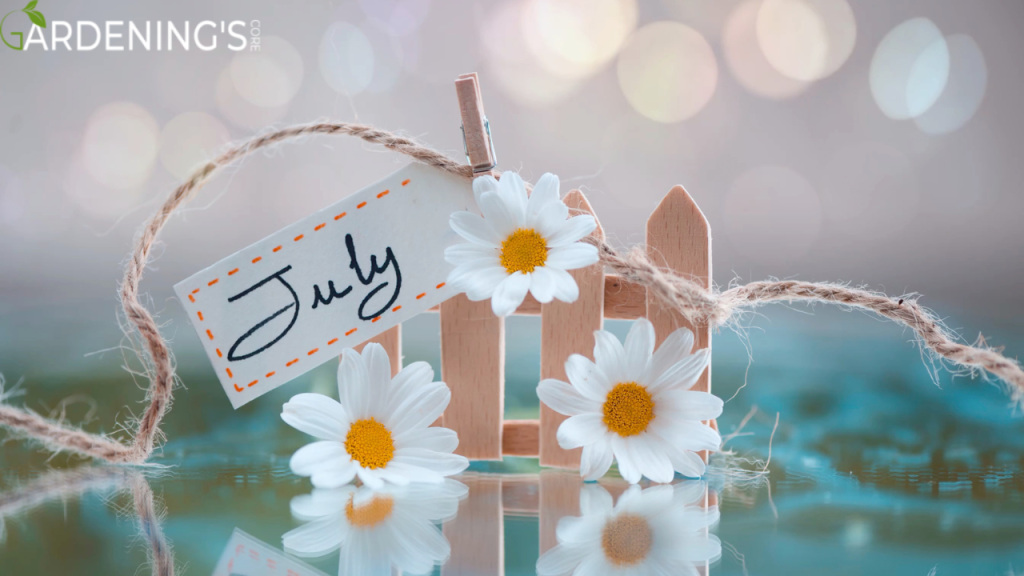July Flowers! July is a magical month for gardeners. The days are long, the weather is warm, and gardens are in full bloom. For gardening enthusiasts, there’s nothing quite like stepping into a garden filled with vibrant flowers that thrive in the summer heat. This blog post will guide you through the best flowering plants for July, offering practical tips for care and maintenance. Whether you’re a seasoned gardener or a newbie, you’ll find plenty of inspiration for creating a garden that bursts with color all month long.
Top Flowering Plants That Thrive in July
Marigolds
Marigolds are a classic choice for July gardens. These sun-loving flowers come in various shades of yellow, orange, and red. They are not only beautiful but also easy to maintain, making them perfect for beginner gardeners.
- Care Tips: Marigolds thrive in well-drained soil and need at least six hours of sunlight daily. Water them regularly, but avoid getting the leaves wet to prevent mildew.
- Maintenance: Deadhead spent flowers to encourage continuous blooming throughout the month.
Zinnias
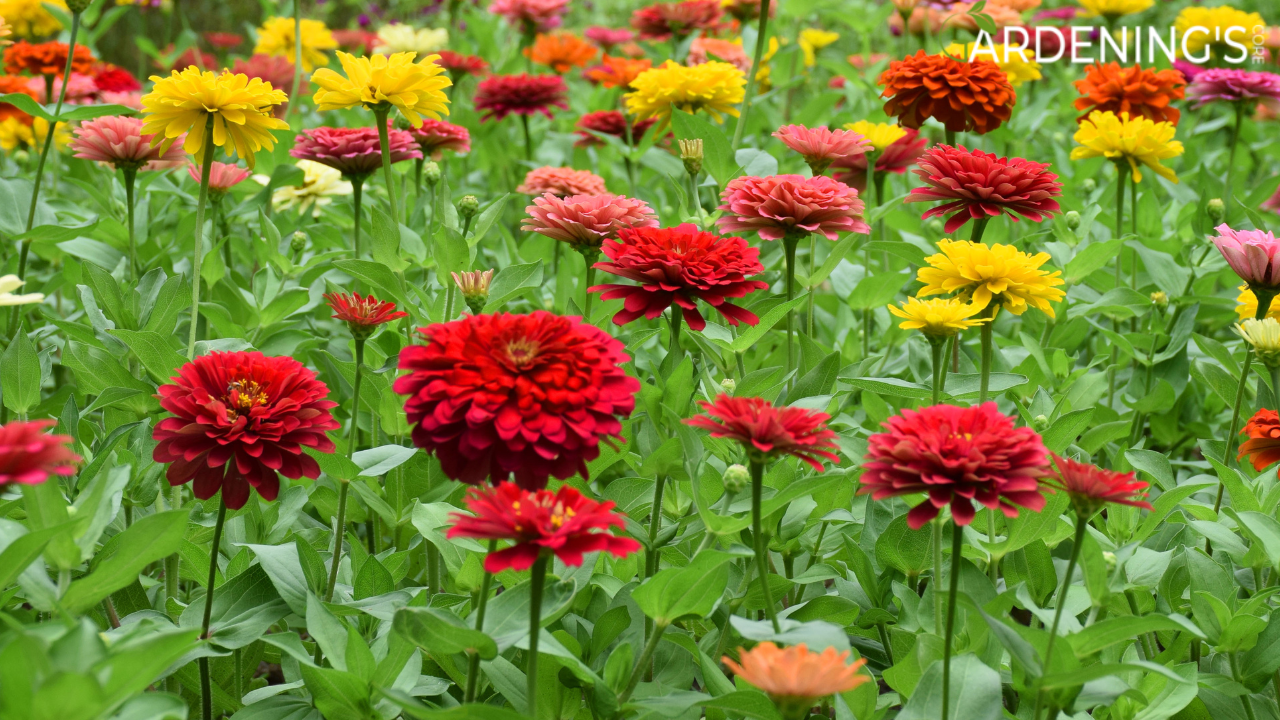
Zinnias are another excellent option for July. These vibrant flowers can add a splash of color to any garden. They come in various colors and sizes, making them versatile for different garden designs.
- Care Tips: Plant zinnias in well-drained soil and full sun. They are drought-tolerant but will require regular watering during dry spells.
- Maintenance: Deadheading is crucial to keep zinnias blooming. Remove any diseased leaves to prevent pests and diseases.
Sunflowers
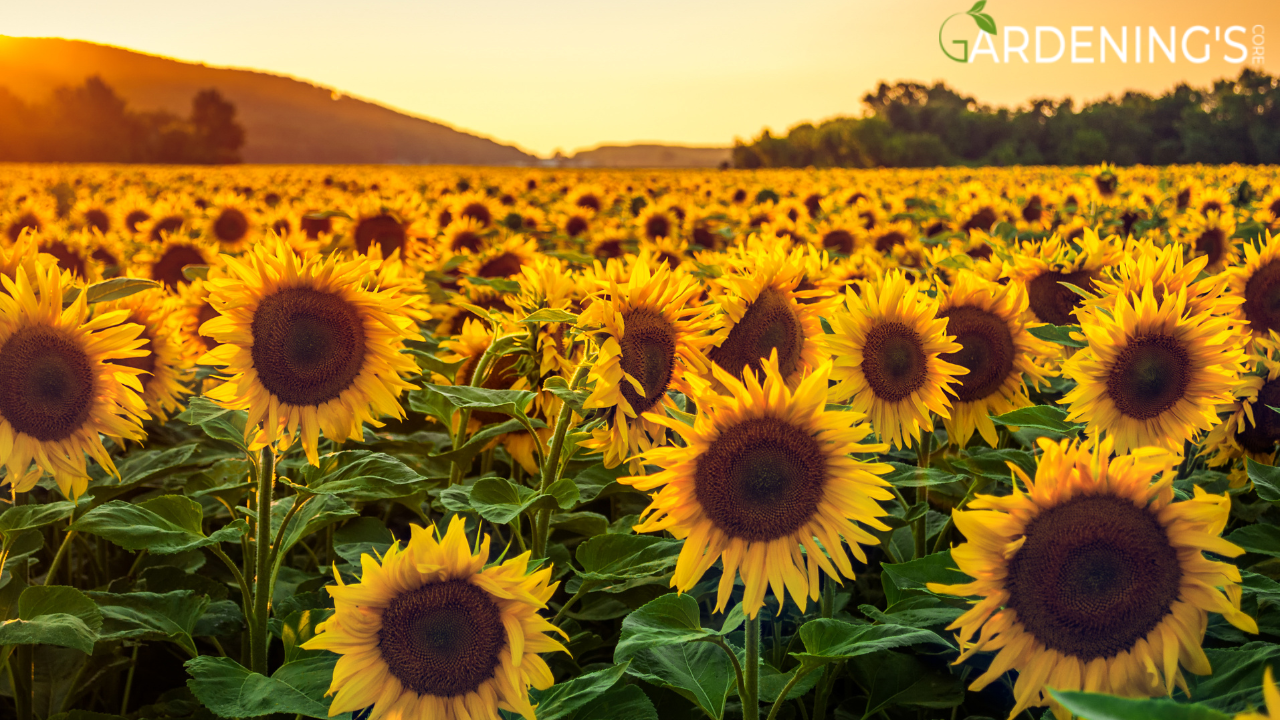
Nothing says summer like a sunflower. These tall, cheerful flowers can grow several feet high and are a favorite among gardeners and pollinators alike.
- Care Tips: Sunflowers need full sun and well-drained soil. Water them deeply but infrequently to encourage deep root growth.
- Maintenance: Support taller varieties with stakes to prevent them from toppling over in strong winds.
Petunias
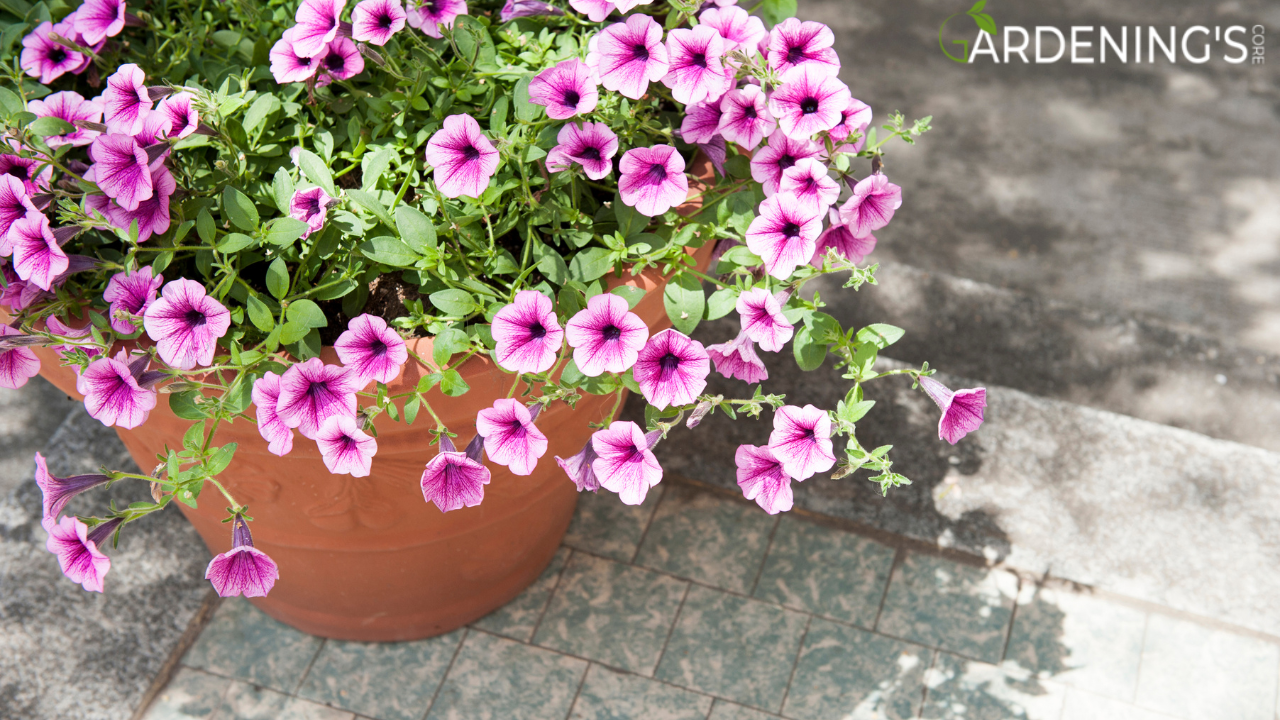
Petunias are a popular choice for their wide range of colors and easy maintenance. They can be grown in garden beds, hanging baskets, or containers.
- Care Tips: Plant petunias in full sun and well-drained soil. Water them regularly but avoid overwatering.
- Maintenance: Regular deadheading will keep petunias blooming throughout July. Pinch back leggy stems to promote bushier growth.
Lavender
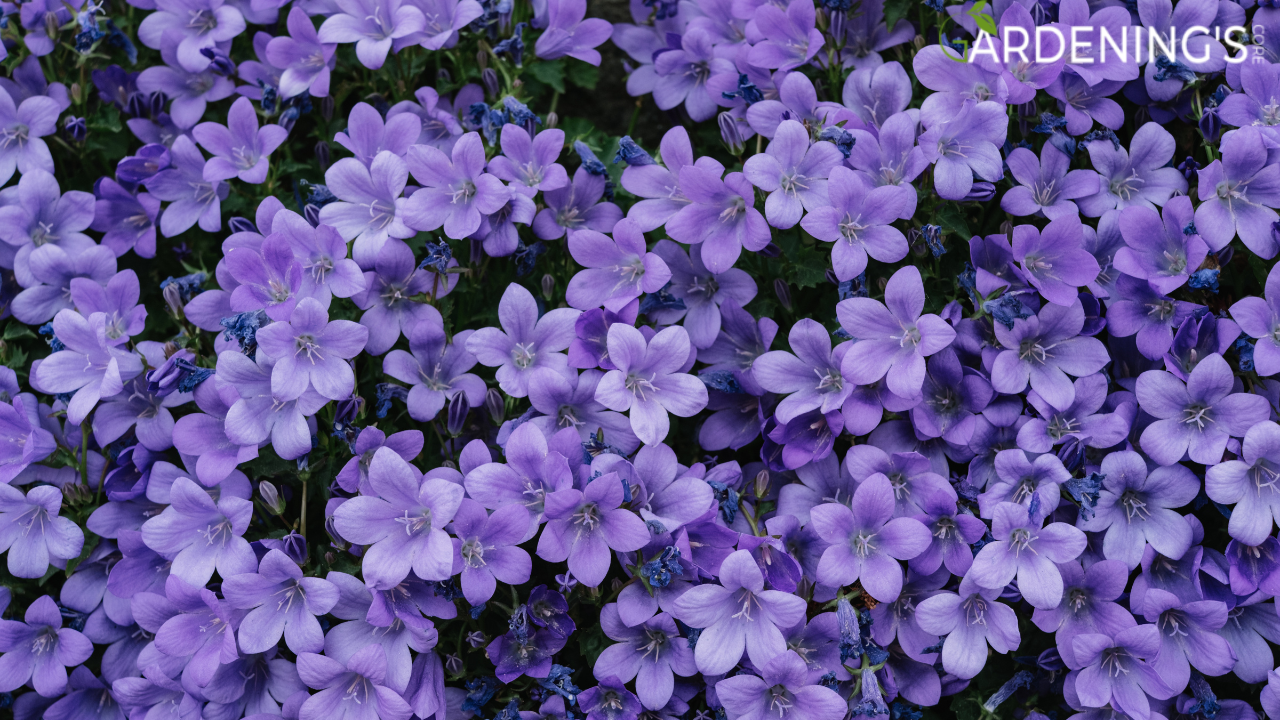
Lavender adds a touch of elegance to any garden. Its fragrant blooms and silvery foliage make it a standout plant for July.
- Care Tips: Lavender thrives in well-drained, sandy soil and full sun. Water it sparingly, as it is drought-tolerant.
- Maintenance: Prune lavender after flowering to maintain its shape and encourage new growth.
Designing a Garden That Blooms in July
Choosing the Right Plants
When planning a garden that blooms in July, it’s essential to select plants that thrive in summer conditions. Consider factors like sunlight, soil type, and water requirements. Combining different flower types can provide continuous blooms and add visual interest.
Creating Layers
Layering your plants can create a more dynamic and visually appealing garden. Use taller plants like sunflowers or hollyhocks at the back, medium-height plants like zinnias and marigolds in the middle, and shorter plants like petunias and lavender at the front.
Incorporating Foliage
Foliage plants can complement your flowering plants and add texture to your garden. Consider adding plants like hostas, ferns, or ornamental grasses to create a balanced and harmonious design.
Using Containers
Containers are a versatile option for adding color to patios, balconies, or small garden spaces. Choose a variety of flowering plants and arrange them in containers of different sizes and shapes for a stunning display.
Maintaining Continuous Blooms
To ensure continuous blooms throughout July, deadheading is crucial. Regularly remove spent flowers to encourage new growth. Fertilizing your plants can also help maintain their vigor and promote more blooms.
Attracting Pollinators
A garden full of flowers can attract pollinators like bees, butterflies, and hummingbirds. These creatures not only add life to your garden but also play a crucial role in pollination. Planting a variety of nectar-rich flowers can help attract and support these beneficial insects.
Tips for Caring for July Flowers
Watering Wisely
Proper watering is crucial for maintaining healthy flowering plants in July. Water early in the morning or late in the evening to reduce evaporation. Focus on the soil rather than the leaves to prevent disease.
Mulching
Mulching can help retain soil moisture, suppress weeds, and regulate soil temperature. Apply a layer of organic mulch around your plants to keep them healthy and thriving.
Feeding Your Plants
Fertilizing your plants can provide them with the necessary nutrients to produce abundant blooms. Use a balanced fertilizer and follow the manufacturer’s instructions for the best results.
Monitoring for Pests
Keep an eye out for common garden pests like aphids, snails, and slugs. Regularly inspect your plants and take action at the first sign of trouble. Natural remedies like neem oil or diatomaceous earth can help keep pests at bay.
Pruning and Deadheading
Regular pruning and deadheading can keep your plants looking their best and encourage continuous blooming. Remove spent flowers and trim back any leggy or overgrown stems.
Conclusion
July is a fantastic month to enjoy a garden full of vibrant, blooming flowers. By selecting the right plants, designing a thoughtful layout, and providing proper care, you can create a stunning garden that brings joy all summer long. Whether you’re a seasoned gardener or just starting, these tips will help you make the most of your July flowers garden.
Ready to transform your garden with stunning July flowers? Start planning today and watch your garden come to life with color and beauty. Happy gardening!

